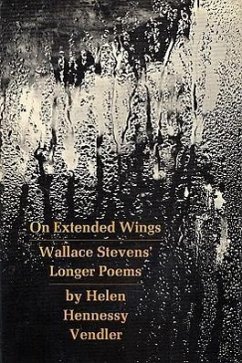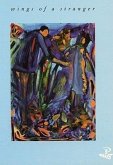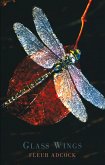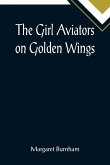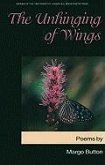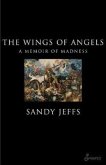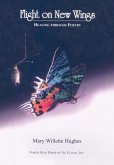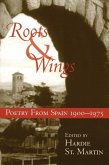Though Wallace Stevens' shorter poems are perhaps his best known, his longer poems, Helen Hennessy Vendler suggests in this book, deserve equal fame and equal consideration. Stevens' central theme--the worth of the imagination--remained with him all his life, and Mrs. Vendler therefore proposes that his development as a poet can best be seen, not in description--which must be repetitive--of the abstract bases of his work, but rather in a view of his changing styles. The author presents here a chronological account of fourteen longer poems that span a thirty-year period, showing, through Stevens' experiments in genre, diction, syntax, voice, imagery, and meter, the inventive variety of Stevens' work in long forms, and providing at the same time a coherent reading of these difficult poems. She concludes, "Stevens was engaged in constant experimentation all his life in an attempt to find the appropriate vehicle for his expansive consciousness; he found it in his later long poems, which surpass in value the rest of his work."
Hinweis: Dieser Artikel kann nur an eine deutsche Lieferadresse ausgeliefert werden.
Hinweis: Dieser Artikel kann nur an eine deutsche Lieferadresse ausgeliefert werden.

